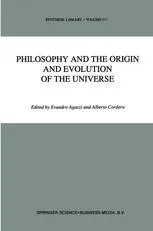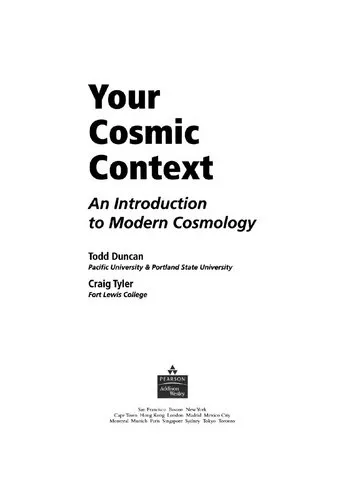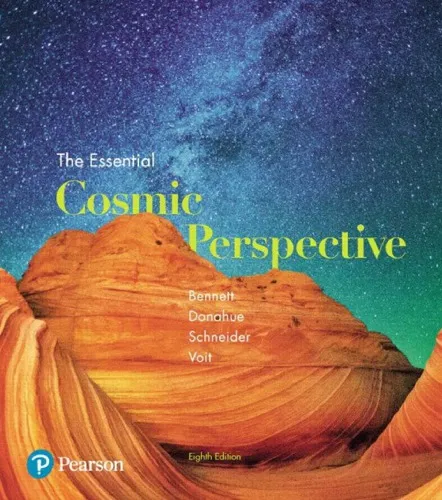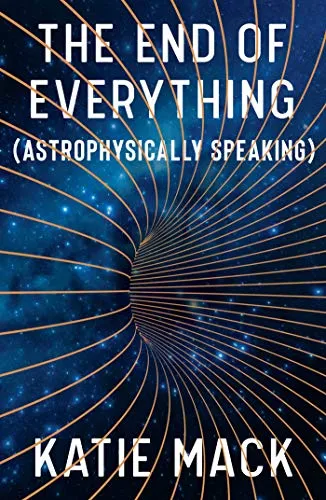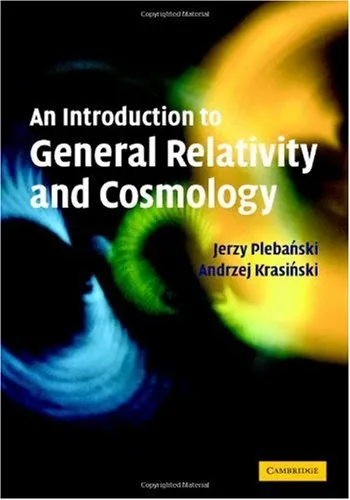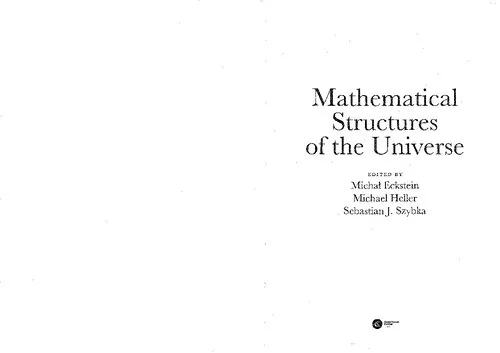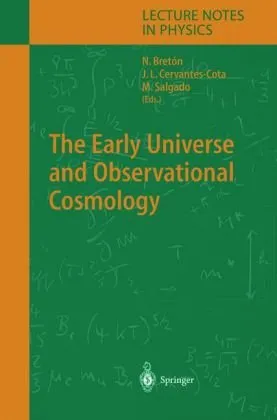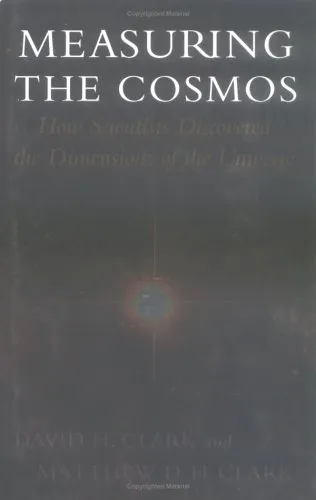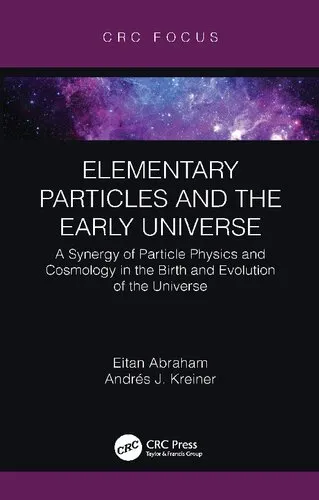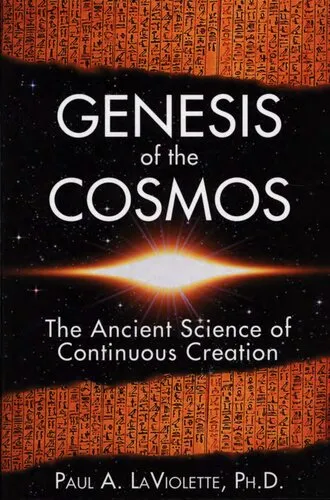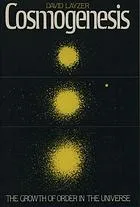Philosophy and the Origin and Evolution of the Universe
4.0
Reviews from our users

You Can Ask your questions from this book's AI after Login
Each download or ask from book AI costs 2 points. To earn more free points, please visit the Points Guide Page and complete some valuable actions.Related Refrences:
Introduction to "Philosophy and the Origin and Evolution of the Universe"
The book "Philosophy and the Origin and Evolution of the Universe" edited by Evandro Agazzi and Alberto Cordero delves into one of the most profound questions humanity has ever faced: How did the universe begin, and how has it evolved over time? By seamlessly blending the insights of modern science with the contemplative rigor of philosophy, this work offers a comprehensive examination of the cosmos from both empirical and metaphysical perspectives.
Detailed Summary
This comprehensive volume begins by addressing the fundamental concepts of cosmology and the foundational theories that have shaped our understanding of the universe's origins, such as the Big Bang theory. It explores how these scientific theories provide a framework for understanding the vast and complex universe we observe today. The editors have assembled contributions from a diverse group of scholars, each of whom brings a unique perspective to the discussion.
The book is divided into several thematic sections. The first part focuses on the scientific descriptions of the universe, encompassing physical theories and empirical data that inform our current cosmological models. The second part widens the discussion to incorporate philosophical inquiries, tackling questions of existence, causality, and the nature of scientific laws.
The later sections of the book explore the philosophical implications of the discovery of the expanding universe, the concept of time, and the idea of a multiverse. Through well-argued essays and debates, the book charts the philosophical considerations that often run parallel to scientific exploration, including the role of ethics and human consciousness in understanding our place in the cosmos.
Key Takeaways
- The universe's origin and evolution are not just scientific phenomena but also have deep philosophical dimensions.
- Understanding the universe requires an interdisciplinary approach that includes both scientific methodology and philosophical reasoning.
- The concepts of time, space, and matter are deeply intertwined with our ideas about existence and reality.
- The examinations within the book encourage readers to think critically about the metaphysical implications of cosmological discoveries.
Famous Quotes from the Book
"The universe is under no obligation to make sense to you." — Astrophysical perspective discussed in philosophical terms.
"Every question in cosmology is also a philosophical inquiry." — A recurring theme highlighting the book's dual focus.
Why This Book Matters
In a world increasingly dominated by technological solutions and empirical science, "Philosophy and the Origin and Evolution of the Universe" stands as a vital reminder of the importance of reflective thought. As humanity continues to probe deeper into the cosmos, the interweaving of scientific discovery with philosophical insight becomes not only beneficial but essential.
The book addresses both scholars and laypersons interested in the larger questions of existence. It provides educational value by merging complex scientific discussions with philosophical clarity, thus appealing to a broad audience. It's significant for teaching the importance of integrating various modes of human inquiry to form a more holistic understanding of the universe.
Free Direct Download
You Can Download this book after Login
Accessing books through legal platforms and public libraries not only supports the rights of authors and publishers but also contributes to the sustainability of reading culture. Before downloading, please take a moment to consider these options.
Find this book on other platforms:
WorldCat helps you find books in libraries worldwide.
See ratings, reviews, and discussions on Goodreads.
Find and buy rare or used books on AbeBooks.
1428
بازدید4.0
امتیاز0
نظر98%
رضایتReviews:
4.0
Based on 0 users review
Questions & Answers
Ask questions about this book or help others by answering
No questions yet. Be the first to ask!
